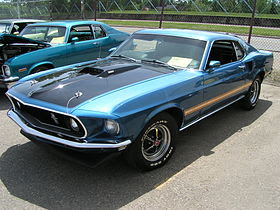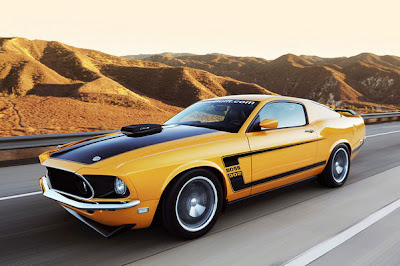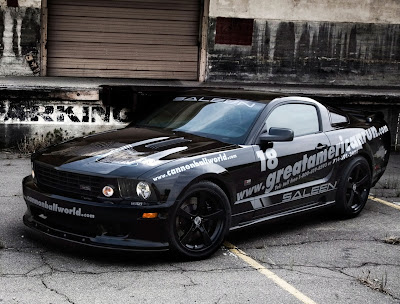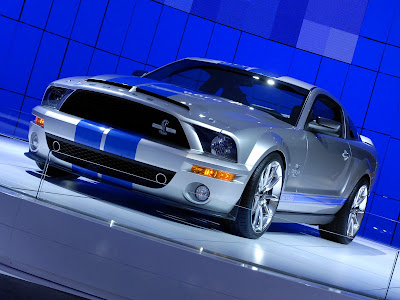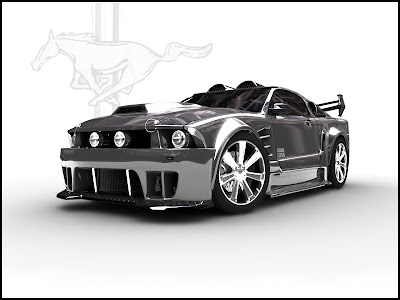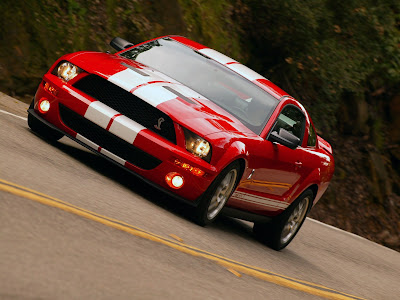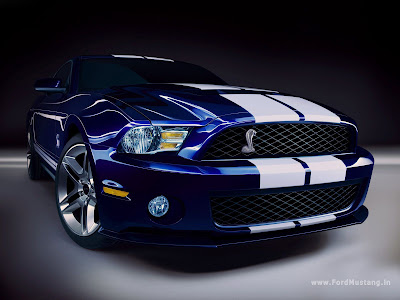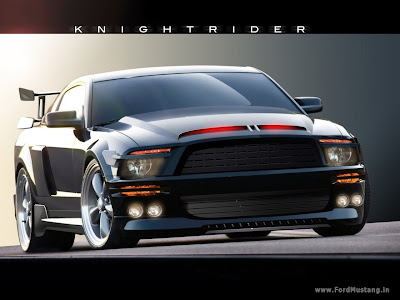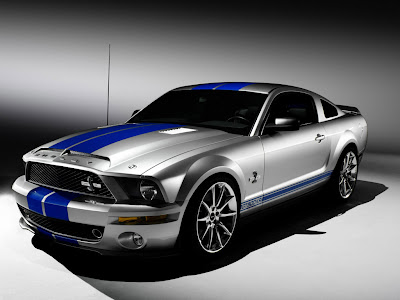
The birth of the Ford Mustang also saw the birth of the phrase 'pony car' which is a term used to describe an American car that is both sporty and affordable. Most Pony cars are epitomized by their inexpensiveness, small compact size and over powered engines.
In the late 1950's Ford saw sales of its 2 seat Thunderbird decline and in 1958 introduced a new larger 4 seater version which after its introduction in 1958 was incredibly successful.
The competition between Ford and Chevrolet has always been fierce with both large companies trying to appeal to similar markets. This lead to the introduction of the Chevrlet Corvair in 1960 that was the catalyst that forced Ford to create the Thunderbird's successor which was called the Futura and Futura Sprint. The competition lead the other manufacturer to follow Ford's example with Plymouth introducing the Valient Signet and Dodge creating the Dart GT and it wasn't long before Oldsmobile, Pontiac and Buick joined the competition.
All of these cars were a commercial success but some top auto executives including Ford's Lee Iacocca believe that there was a bigger market that they could capture. They saw that there was a niche market of younger car buys with a disposable income looking to purchase affordable cars with a more sporty image.
This lead to the creation of the Ford Mustang in 1964 which proved to be an enormous success. Ford initially forecasted sales of just a mear 100, 000 but orders totalled 22,000 in the first day alone. By the end of that year sales had reached a staggering 618,812 units.
The Ford Mustang became the car that all the other manufacturers wanted to emulate and lead to the new phrase 'pony car' being adopted. The term was first used by Dennis Shattuck who was the editor at Car Life magazine around that time and created it based on the equestrian sounding Ford Mustang.
